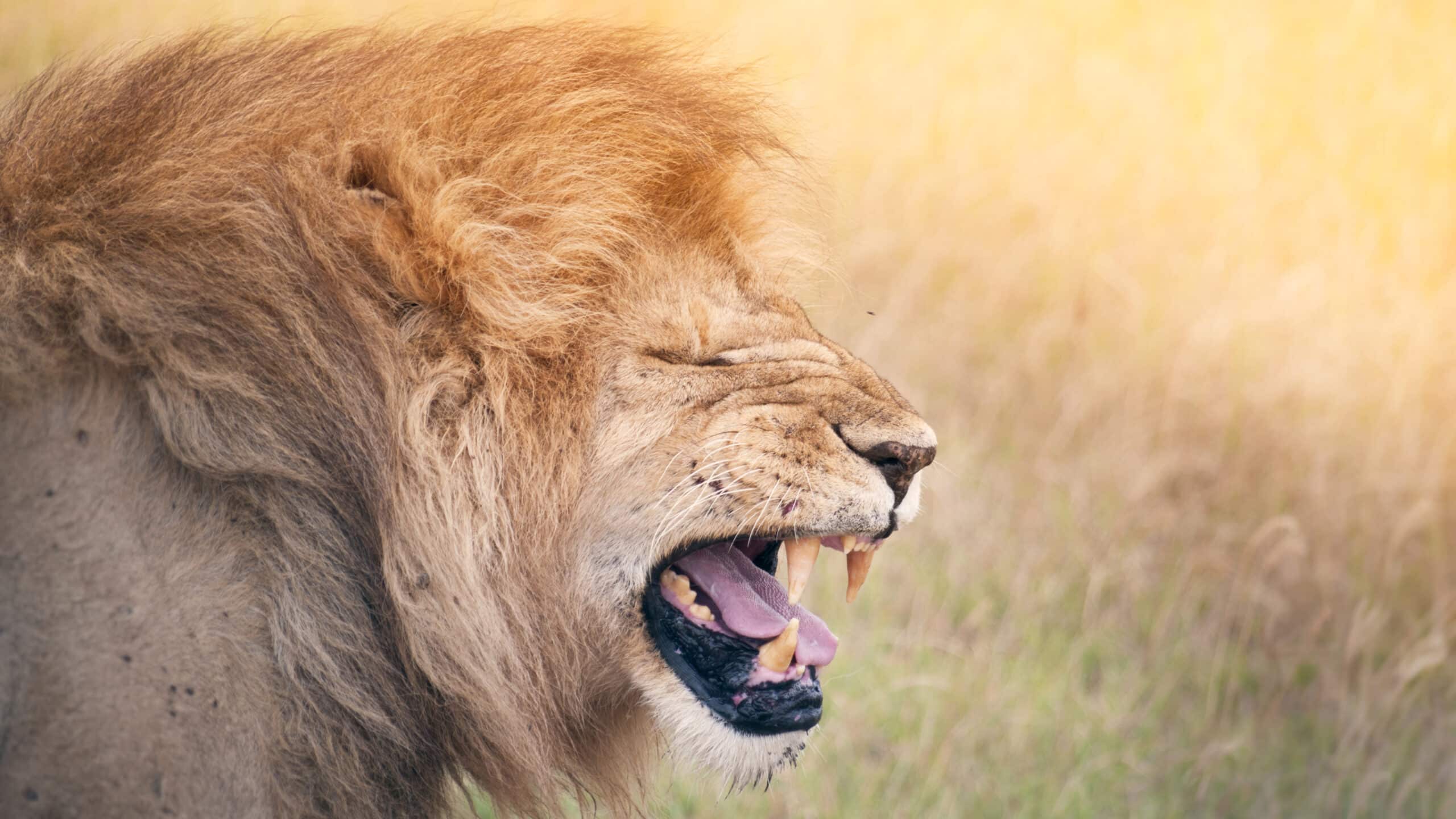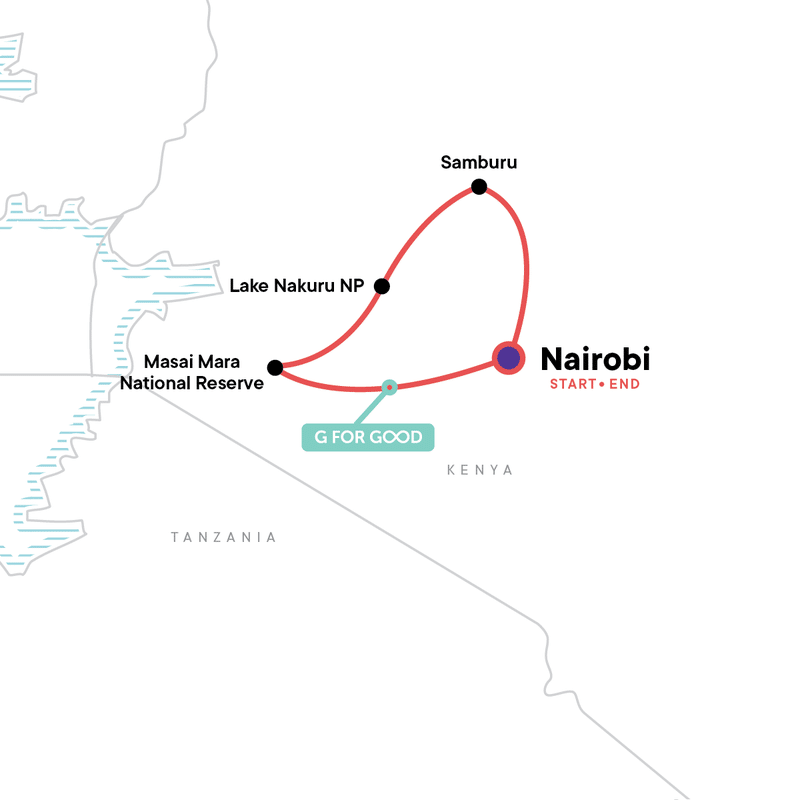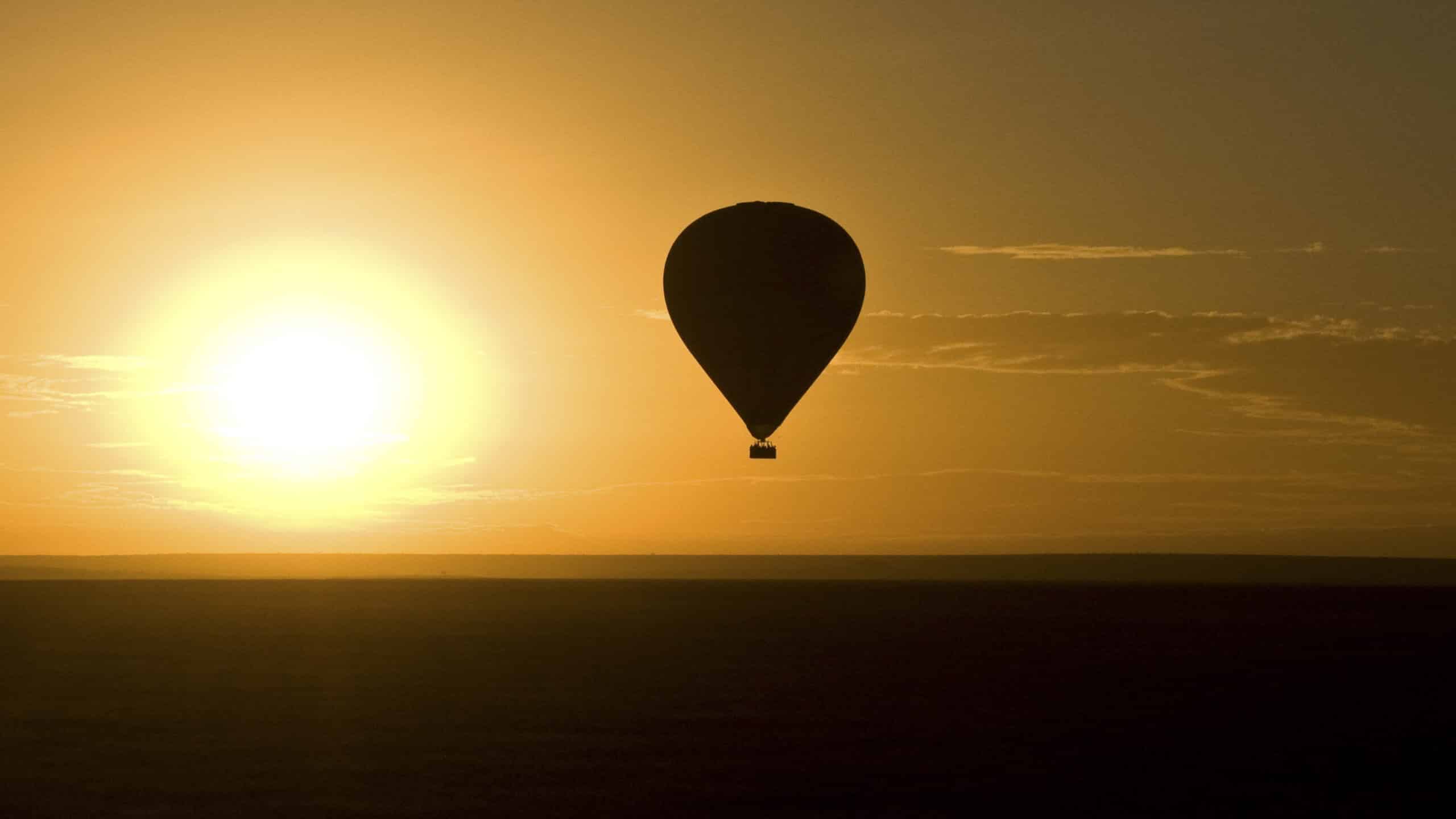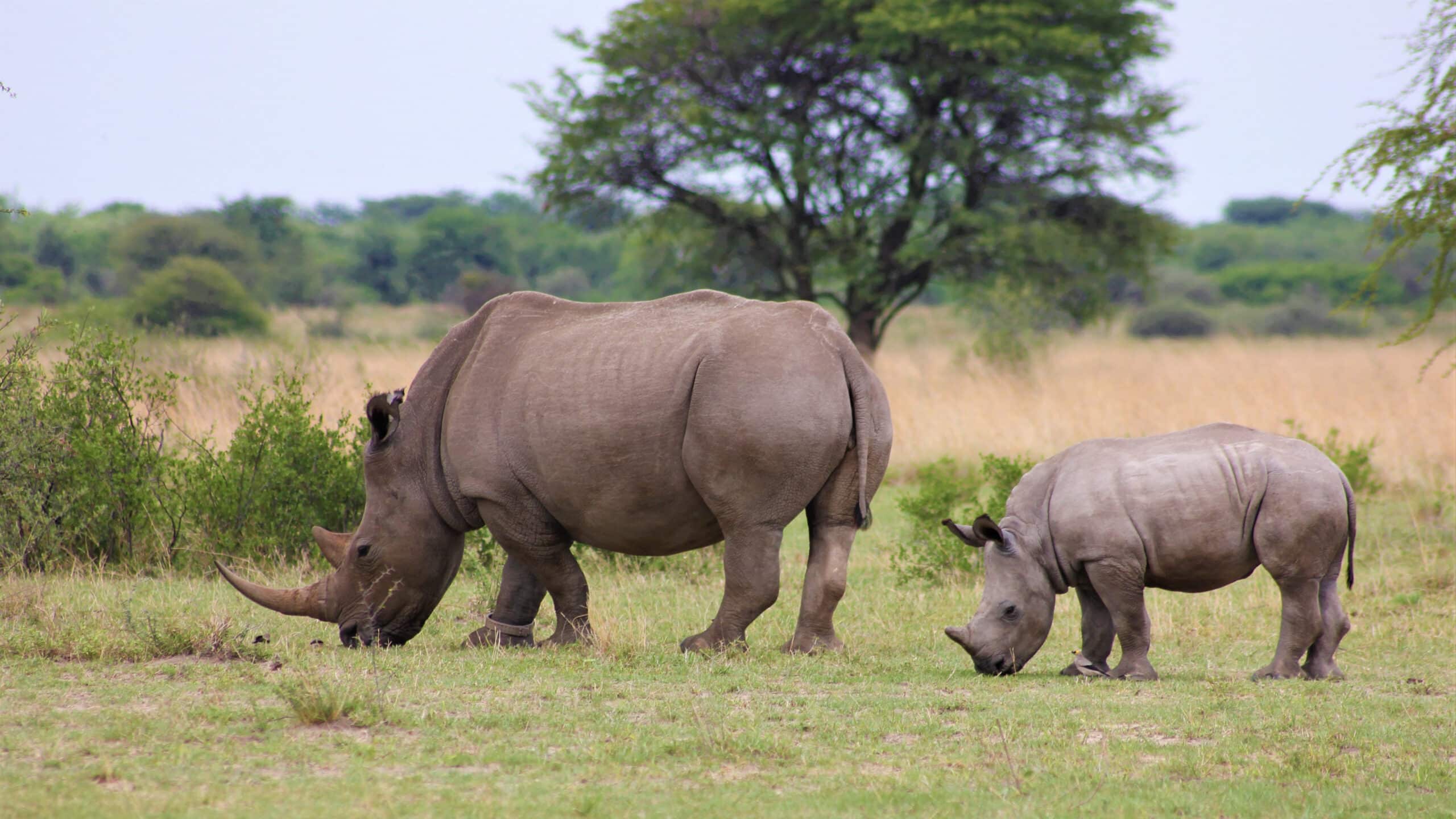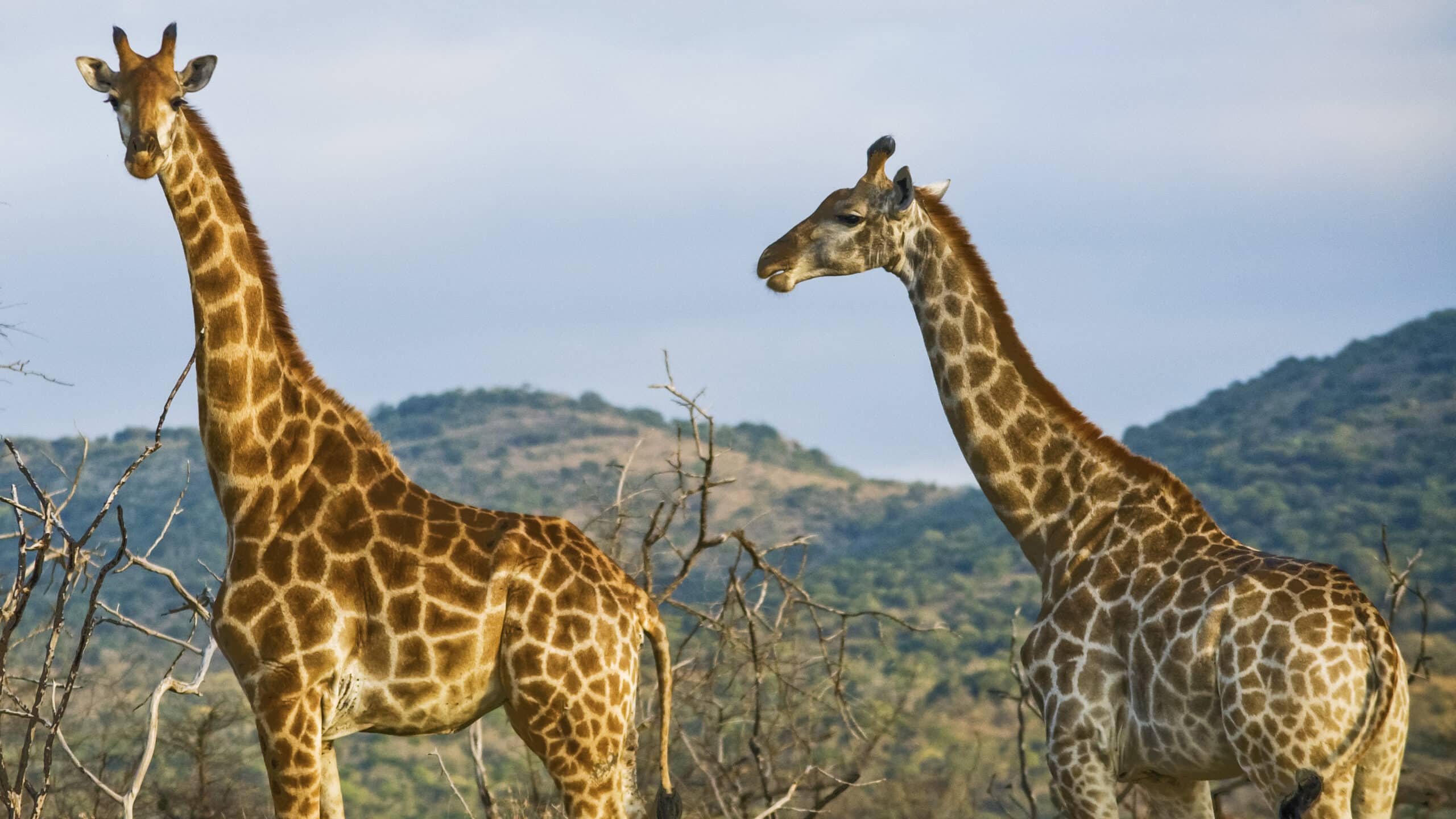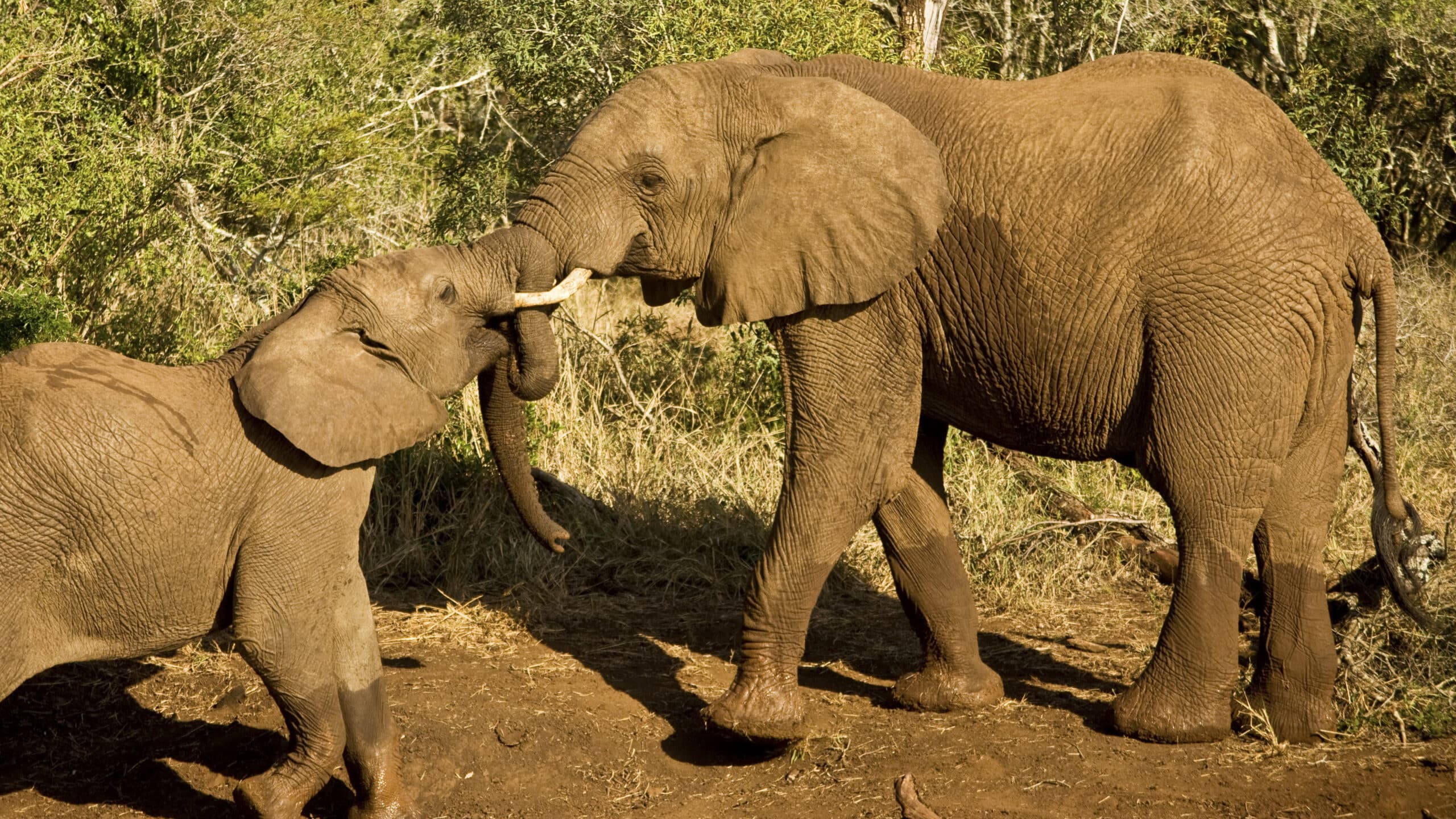- Home
- Programs
- Trip Search
- Family Programs
- Africa & Middle East
- Egypt 12/24/2025
- Egypt 7/9/2025
- Jordan 6/29/2025 w/ UNC
- Kenya 7/6/2025
- Madagascar 6/29/2025
- Morocco 6/23/2025
- Morocco 6/30/2025
- Morocco 7/28/2025
- Morocco 7/5/2025
- Morocco for Families 3/15/2026
- Morocco Upgraded 6/19/2025
- Morocco Upgraded Express 3/8/2026
- Oman 12/21/2025
- Oman 3/15/2026
- South Africa and Zimbabwe 6/30/2025
- Tanzania 7/14/2025
- Turkey 12/21/2025
- Turkey 6/22/2025 w/ University of Illinois
- Turkey 6/26/2025 w/ U Michigan
- Turkey 7/6/2025 w/ UT Austin
- Turkey Express 4/12/2026
- Uganda and Rwanda 7/5/2025
- The Americas
- Belize & Tikal 4/4/2026
- Bolivia 6/13/2025
- Buenos Aires and Brazil 6/21/2025
- Chile and Argentina 6/12/2025
- Costa Rica 3/15/2025
- Costa Rica 6/30/2025
- Costa Rica Upgraded Express 12/22/2025
- Costa Rica Upgraded Express 6/23/2025
- Costa Rica Upgraded Express 7/26/2025
- Galapagos 12/21/2025
- Galapagos 6/29/2025 w/ UW–Madison
- Peru 12/24/2025
- Peru 3/28/2026
- Peru 3/29/2025
- Peru 7/2/2025
- Asia
- Bali and Lombok 7/13/2025
- Central Asia 6/28/2025 w/ Indiana U
- China 7/19/2025
- India and Nepal 7/13/2025
- Japan 6/21/2025
- Japan Express 7/2/2025
- Nepal and Bhutan 10/31/2025
- Nepal and Bhutan 7/6/2025
- South Korea 6/6/2025
- Sri Lanka 6/30/2025 w/ UPenn
- Sri Lanka 7/19/2025 w/ UT Austin
- Thailand and Laos 7/14/2025
- Turkey 4/13/2025
- Vietnam and Cambodia 6/28/2025
- Europe
- Balkans 6/21/2025
- Balkans 7/19/2025
- Baltics 7/13/2025
- Budapest-Romania-Bulgaria-Istanbul 6/22/25
- Camino de Santiago 7/6/2025
- Central Europe 6/8/2025
- Central Europe 7/6/2025
- European Christmas Markets 12/3/2025
- Greece 6/22/2025
- Hiking the Azores 4/6/2026
- Hiking the Azores 7/7/2025
- Iceland + Snæfellsnes Peninsula 12/22/2025
- Iceland 12/27/2025
- Iceland 7/10/2025
- Iceland Express 4/1/2026
- Ireland 7/12/2025
- Ireland 7/14/2025
- Italy 6/22/2025
- Italy's Amalfi Coast 3/22/2026
- Italy's Amalfi Coast 3/23/2025
- Italy's Amalfi Coast 4/12/2025
- Italy's Amalfi Coast 7/5/2025
- Mainland Greece
- Mont Blanc 6/14/2025
- Portugal 3/23/2025
- Portugal 4/6/2025
- Portugal 6/22/2025
- Portugal and Spain 3/23/2025
- Portugal and Spain 6/22/2025
- Scotland 7/6/2025
- Slovenia 4/12/2026
- Spain 12/21/2025
- Spain 3/29/2025
- Spain 6/28/2025
- Turkey 12/21/2025
- Turkey 4/13/2025
- Turkey 6/22/2025 w/ University of Illinois
- Turkey 6/26/2025 w/ U Michigan
- Turkey 7/6/2025 w/ UT Austin
- Turkey Express 4/12/2026
- Oceania
- Spring
- Belize & Tikal 4/4/2026
- Costa Rica 3/15/2025
- Hiking the Azores 4/6/2026
- Iceland Express 4/1/2026
- Italy's Amalfi Coast 3/22/2026
- Italy's Amalfi Coast 3/23/2025
- Italy's Amalfi Coast 4/12/2025
- Morocco for Families 3/15/2026
- Morocco Upgraded Express 3/8/2026
- Oman 3/15/2026
- Peru 3/28/2026
- Peru 3/29/2025
- Portugal 3/23/2025
- Portugal 4/6/2025
- Portugal and Spain 3/23/2025
- Slovenia 4/12/2026
- Spain 3/29/2025
- Turkey 4/13/2025
- Turkey Express 4/12/2026
- Summer
- Bali and Lombok 7/13/2025
- Balkans 6/21/2025
- Balkans 7/19/2025
- Baltics 7/13/2025
- Bolivia 6/13/2025
- Budapest-Romania-Bulgaria-Istanbul 6/22/25
- Buenos Aires and Brazil 6/21/2025
- Camino de Santiago 7/6/2025
- Central Asia 6/28/2025 w/ Indiana U
- Central Europe 6/8/2025
- Central Europe 7/6/2025
- Chile and Argentina 6/12/2025
- China 7/19/2025
- Costa Rica 6/30/2025
- Costa Rica Upgraded Express 6/23/2025
- Costa Rica Upgraded Express 7/26/2025
- Egypt 7/9/2025
- Galapagos 6/29/2025 w/ UW–Madison
- Greece 6/22/2025
- Hiking the Azores 7/7/2025
- Iceland 7/10/2025
- India and Nepal 7/13/2025
- Ireland 7/12/2025
- Ireland 7/14/2025
- Italy 6/22/2025
- Italy's Amalfi Coast 7/5/2025
- Japan 6/21/2025
- Japan Express 7/2/2025
- Jordan 6/29/2025 w/ UNC
- Kenya 7/6/2025
- Madagascar 6/29/2025
- Mainland Greece
- Mont Blanc 6/14/2025
- Morocco 6/23/2025
- Morocco 6/30/2025
- Morocco 7/28/2025
- Morocco 7/5/2025
- Morocco Upgraded 6/19/2025
- Nepal and Bhutan 7/6/2025
- Peru 7/2/2025
- Portugal 6/22/2025
- Portugal and Spain 6/22/2025
- Scotland 7/6/2025
- South Africa and Zimbabwe 6/30/2025
- South Korea 6/6/2025
- Spain 6/28/2025
- Sri Lanka 6/30/2025 w/ UPenn
- Sri Lanka 7/19/2025 w/ UT Austin
- Tanzania 7/14/2025
- Thailand and Laos 7/14/2025
- Turkey 6/22/2025 w/ University of Illinois
- Turkey 6/26/2025 w/ U Michigan
- Turkey 7/6/2025 w/ UT Austin
- Uganda and Rwanda 7/5/2025
- Vietnam and Cambodia 6/28/2025
- Fall
- Winter
- Full Programs List
- Traveling with GEEO
- Educator Resources
- About Us
- Login
- My account
- Cart
×
- Home
- Programs
- Trip Search
- Family Programs
- Africa & Middle East
- Egypt 12/24/2025
- Egypt 7/9/2025
- Jordan 6/29/2025 w/ UNC
- Kenya 7/6/2025
- Madagascar 6/29/2025
- Morocco 6/23/2025
- Morocco 6/30/2025
- Morocco 7/28/2025
- Morocco 7/5/2025
- Morocco for Families 3/15/2026
- Morocco Upgraded 6/19/2025
- Morocco Upgraded Express 3/8/2026
- Oman 12/21/2025
- Oman 3/15/2026
- South Africa and Zimbabwe 6/30/2025
- Tanzania 7/14/2025
- Turkey 12/21/2025
- Turkey 6/22/2025 w/ University of Illinois
- Turkey 6/26/2025 w/ U Michigan
- Turkey 7/6/2025 w/ UT Austin
- Turkey Express 4/12/2026
- Uganda and Rwanda 7/5/2025
- The Americas
- Belize & Tikal 4/4/2026
- Bolivia 6/13/2025
- Buenos Aires and Brazil 6/21/2025
- Chile and Argentina 6/12/2025
- Costa Rica 3/15/2025
- Costa Rica 6/30/2025
- Costa Rica Upgraded Express 12/22/2025
- Costa Rica Upgraded Express 6/23/2025
- Costa Rica Upgraded Express 7/26/2025
- Galapagos 12/21/2025
- Galapagos 6/29/2025 w/ UW–Madison
- Peru 12/24/2025
- Peru 3/28/2026
- Peru 3/29/2025
- Peru 7/2/2025
- Asia
- Bali and Lombok 7/13/2025
- Central Asia 6/28/2025 w/ Indiana U
- China 7/19/2025
- India and Nepal 7/13/2025
- Japan 6/21/2025
- Japan Express 7/2/2025
- Nepal and Bhutan 10/31/2025
- Nepal and Bhutan 7/6/2025
- South Korea 6/6/2025
- Sri Lanka 6/30/2025 w/ UPenn
- Sri Lanka 7/19/2025 w/ UT Austin
- Thailand and Laos 7/14/2025
- Turkey 4/13/2025
- Vietnam and Cambodia 6/28/2025
- Europe
- Balkans 6/21/2025
- Balkans 7/19/2025
- Baltics 7/13/2025
- Budapest-Romania-Bulgaria-Istanbul 6/22/25
- Camino de Santiago 7/6/2025
- Central Europe 6/8/2025
- Central Europe 7/6/2025
- European Christmas Markets 12/3/2025
- Greece 6/22/2025
- Hiking the Azores 4/6/2026
- Hiking the Azores 7/7/2025
- Iceland + Snæfellsnes Peninsula 12/22/2025
- Iceland 12/27/2025
- Iceland 7/10/2025
- Iceland Express 4/1/2026
- Ireland 7/12/2025
- Ireland 7/14/2025
- Italy 6/22/2025
- Italy's Amalfi Coast 3/22/2026
- Italy's Amalfi Coast 3/23/2025
- Italy's Amalfi Coast 4/12/2025
- Italy's Amalfi Coast 7/5/2025
- Mainland Greece
- Mont Blanc 6/14/2025
- Portugal 3/23/2025
- Portugal 4/6/2025
- Portugal 6/22/2025
- Portugal and Spain 3/23/2025
- Portugal and Spain 6/22/2025
- Scotland 7/6/2025
- Slovenia 4/12/2026
- Spain 12/21/2025
- Spain 3/29/2025
- Spain 6/28/2025
- Turkey 12/21/2025
- Turkey 4/13/2025
- Turkey 6/22/2025 w/ University of Illinois
- Turkey 6/26/2025 w/ U Michigan
- Turkey 7/6/2025 w/ UT Austin
- Turkey Express 4/12/2026
- Oceania
- Spring
- Belize & Tikal 4/4/2026
- Costa Rica 3/15/2025
- Hiking the Azores 4/6/2026
- Iceland Express 4/1/2026
- Italy's Amalfi Coast 3/22/2026
- Italy's Amalfi Coast 3/23/2025
- Italy's Amalfi Coast 4/12/2025
- Morocco for Families 3/15/2026
- Morocco Upgraded Express 3/8/2026
- Oman 3/15/2026
- Peru 3/28/2026
- Peru 3/29/2025
- Portugal 3/23/2025
- Portugal 4/6/2025
- Portugal and Spain 3/23/2025
- Slovenia 4/12/2026
- Spain 3/29/2025
- Turkey 4/13/2025
- Turkey Express 4/12/2026
- Summer
- Bali and Lombok 7/13/2025
- Balkans 6/21/2025
- Balkans 7/19/2025
- Baltics 7/13/2025
- Bolivia 6/13/2025
- Budapest-Romania-Bulgaria-Istanbul 6/22/25
- Buenos Aires and Brazil 6/21/2025
- Camino de Santiago 7/6/2025
- Central Asia 6/28/2025 w/ Indiana U
- Central Europe 6/8/2025
- Central Europe 7/6/2025
- Chile and Argentina 6/12/2025
- China 7/19/2025
- Costa Rica 6/30/2025
- Costa Rica Upgraded Express 6/23/2025
- Costa Rica Upgraded Express 7/26/2025
- Egypt 7/9/2025
- Galapagos 6/29/2025 w/ UW–Madison
- Greece 6/22/2025
- Hiking the Azores 7/7/2025
- Iceland 7/10/2025
- India and Nepal 7/13/2025
- Ireland 7/12/2025
- Ireland 7/14/2025
- Italy 6/22/2025
- Italy's Amalfi Coast 7/5/2025
- Japan 6/21/2025
- Japan Express 7/2/2025
- Jordan 6/29/2025 w/ UNC
- Kenya 7/6/2025
- Madagascar 6/29/2025
- Mainland Greece
- Mont Blanc 6/14/2025
- Morocco 6/23/2025
- Morocco 6/30/2025
- Morocco 7/28/2025
- Morocco 7/5/2025
- Morocco Upgraded 6/19/2025
- Nepal and Bhutan 7/6/2025
- Peru 7/2/2025
- Portugal 6/22/2025
- Portugal and Spain 6/22/2025
- Scotland 7/6/2025
- South Africa and Zimbabwe 6/30/2025
- South Korea 6/6/2025
- Spain 6/28/2025
- Sri Lanka 6/30/2025 w/ UPenn
- Sri Lanka 7/19/2025 w/ UT Austin
- Tanzania 7/14/2025
- Thailand and Laos 7/14/2025
- Turkey 6/22/2025 w/ University of Illinois
- Turkey 6/26/2025 w/ U Michigan
- Turkey 7/6/2025 w/ UT Austin
- Uganda and Rwanda 7/5/2025
- Vietnam and Cambodia 6/28/2025
- Fall
- Winter
- Full Programs List
- Traveling with GEEO
- Educator Resources
- About Us
- Login
- My account
- Cart

